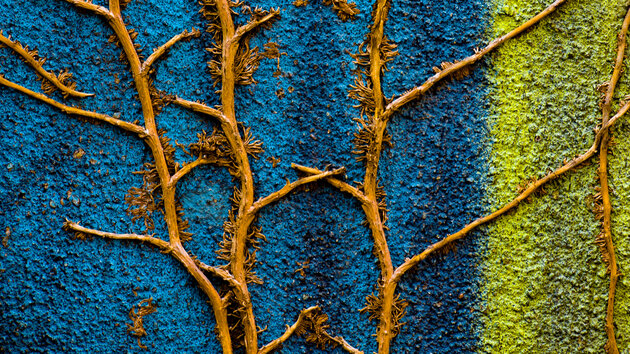Collaborations

The academic and societal impact of our work takes a priority in our research strategy. We collaborate with academic and industry partners, building our capacity in knowledge exchange and social engagement which supports the LU Research Strategy:
Pufendorf Institute: We are active in the Pufendorf Institute for Advanced Studies, including programmes on ‘E-health’ (Sandberg 1.7 million SEK), ‘Exploring the Animal Turn’ (Linné 1.5 million SEK), ‘Working and Organising in the Digital Age’ (Andersson 1.5 million SEK), and ‘Digital Trust’ (Olsson 1 million SEK), resulting in networks and collaborative research partners, Visiting Professorships and publications, e.g. ehealth@lu, the Critical Animal Studies Network (Linné) which offers undergraduate courses, hosts conferences and online journal Politics and Animals, and Visiting Professor Melissa Gregg, senior researcher at Intel and author of Counterproductive.
Mobile Socialities: A new network, and international collaboration 2017- across Lund University, Denver University and Berlin University of the Arts, including a network of 25 researchers from USA, Europe, Australia, and Asia, Visiting Professorships, academic publications, and workshops at Lund, panels at international conferences IAMCR, ICA, ECREA, GeoMedia, a post conference in IAMCR (Spain 2019).
Industry Collaboration: a long standing media and diversity project with Swedish public service broadcasting stretching over a decade; a collaborative project with EndemolShine (including SVT, TV4, Filmlance International in Sweden, as well as international partners Metronome DE, Kudos and Channel 4 UK); work with the Swedish Consumer Agency; and collaboration on a school project ‘Research Joy’ at the Nobel Museum.
Media Engagement: Staff regularly participate in media, e.g. gender and journalism, media and morality, political satire, media and health, drama and reality TV. The Critical Animal Studies Network works with civil society organisations.
ECREA Doctoral Summer School: We are a founding member of the European Media and Communication Doctoral Summer School which started in 1992 with a consortium of 10 institutions and has evolved into a partnership of 20 EU Universities. It is funded by the EU and partner higher education institutions and offers a two week intensive event which fosters doctoral work and encourages respectful and critical dialogue on media and communication. Insert web link to the summer school.
